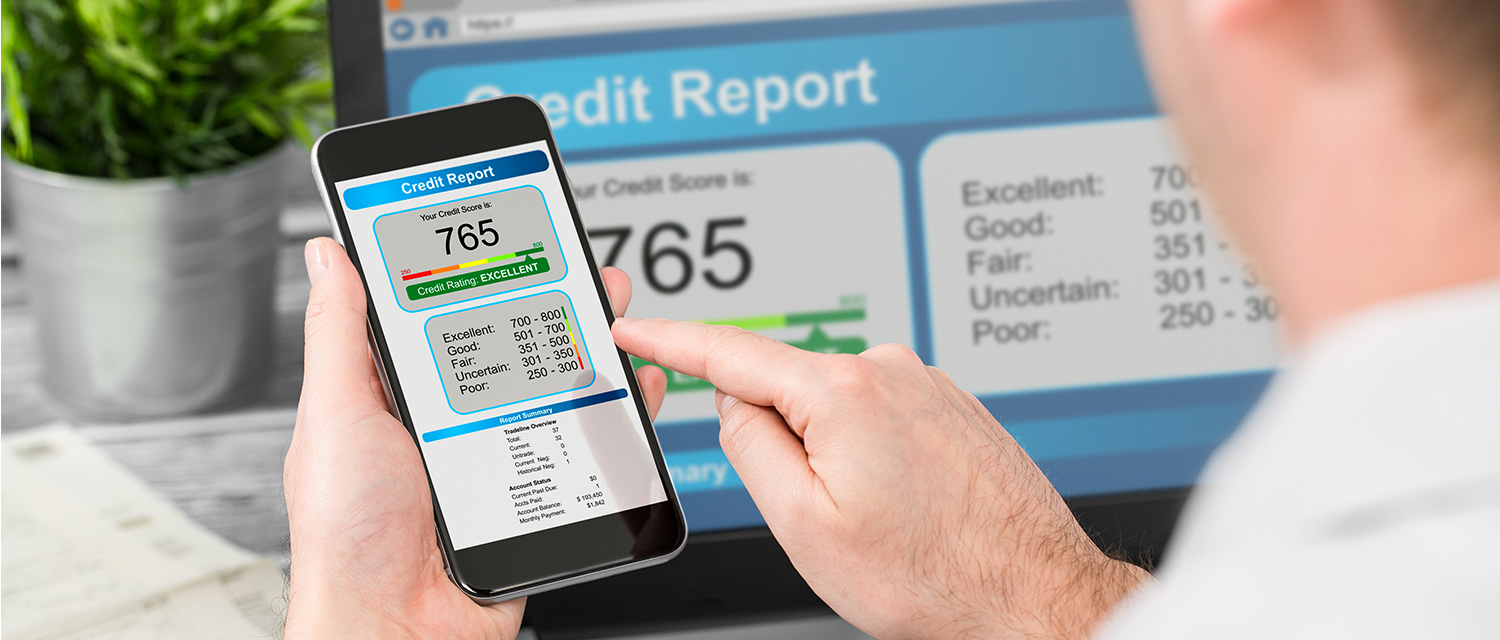Maintaining a Healthy
Credit Score
Maintaining a Healthy
Credit Score

-
Maintaining a Healthy Credit Score29 Aug 2017
In this series on credit scores, we have covered the aspects of financial planning related to credit scores, their importance, and steps you can take to improve your credit scores to a respectable level. In this concluding part, we’ll take a look at how to maintain and continuously improve your credit scores over time, to ensure that you have a stellar credit score when you need loans.
Credit score improvements take time, and will reflect over a period of 6-12 months. Quick solutions that can help clear up your credit report are mentioned in the previous post. To ensure you maintain a healthy credit score once you have raised it to a good rating (above 750), keep a regular lookout for the following:
- Track your credit card spends assiduously – Make sure your credit card outstanding does not exceed 40% of your total limit. If you are looking for more credit, do not take on additional credit cards, even if they are available free. Instead, ask for an extension of credit limits on existing cards. This improves your credit availed ratio, as well as increases the longevity of the relationship, both of which add to a healthy credit score.
- Pay your credit card bills and loan instalments on time – Timely repayment indicates a healthy financial state. “Make sure you put in your EMI checks at least 3-5 days in advance of the due date, to account for banking delays, holidays, etc. Enable auto-debit facility for your credit card on your bank accounts or debit card if possible, to ensure timely payment.” Says Harish Kumar, Head - Operations, HDB Financial Services Ltd. A history of timely payment over 6-12 months will go a long way towards a steady increase in credit score ratings. If possible, pay the entire outstanding every month. While some cards offer you an EMI option for high value purchases, the same is reflected as credit utilized until you pay off the entire amount. So be careful in choosing when to go in for such offers.
- Review credit score reports in a timely manner – Banks and lenders update borrower status on a monthly basis with credit rating companies like CIBIL and Experian. Be sure to check on your credit report at least once in three months. That way, you can immediately note any discrepancies such as a loan or credit card that has been closed but still reflects on your credit report. Make sure to get these resolved at the earliest from the lender.
Note: A credit check conducted by you on yourself does not impact the credit score. However, one conducted by a third party such as a lender or card issuer will impact the credit score.
- Maintain a balance of Secured vs. Unsecured Debt – Secured debt like a loan against property, vehicle loan or gold loan indicates an asset bought with the loan, as against unsecured debt like a personal loan, credit card balance transfer, etc. A secured loan indicates a credit positive financial state, since banks usually cover only a part of the value of the purchased asset, while unsecured loans indicate a higher risk factor, not being backed by an asset of value. So, in order to maintain a good credit score, it may be better to go in for a secured loan than an unsecured one. “Usually, a home loan top-up, loan against property or gold loan can be processed as fast as a personal loan, and is a better option, with lower interest rate as well as better tenure.” says Harish Kumar. Secured credit cards (credit cards issued against a fixed deposit) are also another way of improving your credit score while raising the level of secured credit you have available.
- Do not be tempted by automatic credit card offers – Based on your credit score, banks may offer you credit cards. Do not shop around with such offers, as each sales enquiry will result in a check on your credit score. Frequent credit score checks indicate you are in chronic need of funds and this raises the financial risk level as perceived by a lender, leading to poor scores and higher interest rates
Following these simple rules will make sure you see a steady increase in your credit rating, resulting in an improved credit score over time. This will come in useful when going in for high value loans. For example, if you do not already have a loan against property, and plan to avail of one soon, a good credit score will get you a good deal on interest rates, loan to value (LTV) ratio (the percentage of the value covered by the loan), and tenure of the loan. Remember, the difference of a single percentage point in interest rate can mean savings of lakhs of rupees over the life of the loan. The same applies for other large loans such as a business loan (for self-employed persons or professionals) or vehicle loan.
This concludes the series on Credit Scores. In the next series, we will look at the various kinds of loans that can be availed of by different categories of borrowers.










































































